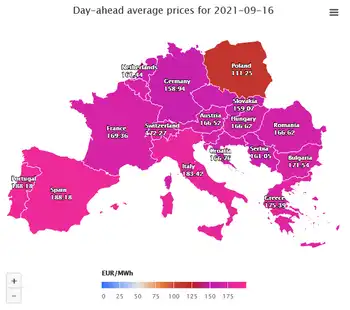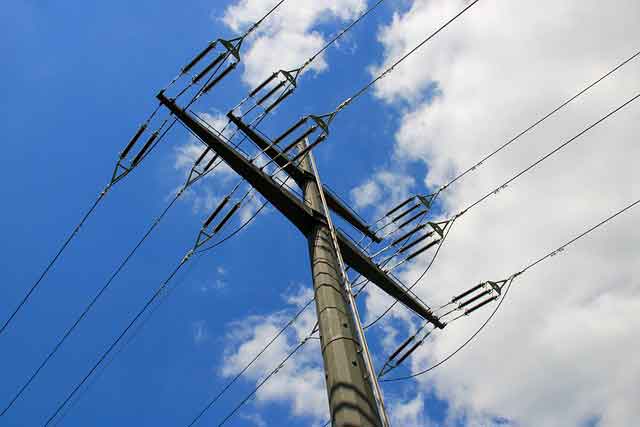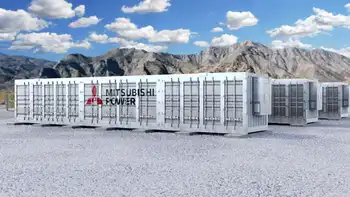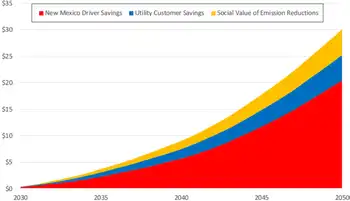Higher electricity standards must be mandated, Jersey commish says
TORONTO - - The big blackout of 2003 brought a useful sense of urgency to problems facing North America's electrical power grids and showed the need for tougher rules, a U.S. utilities commissioner said recently.
"We have action only when the pain of inaction is more than the pain of action," Connie Hughes, a member of New Jersey's Board of Public Utilities, told the Economic Club of Toronto.
Now, "getting the damn thing fixed" instead of pointing fingers of blame is the most important thing, said Hughes, who also heads a key infrastructure body at the U.S. National Association of Regional Utility Commissioners.
The Aug. 14 power outage showed that higher standards for U.S. and Canadian electrical utilities "must be mandated. They cannot be voluntary," Hughes said.
The outage, linked to power-line failures in Ohio, cut off power to 50 million people in eight states, Ontario and Quebec.
Along with improved equipment standards, "there must be funds for monitoring and enforcement," Hughes said. "And the standards must be measurable - and changeable, because technology is so innovative."
Utility commissions must get more involved in the long-term planning of power projects to match population growth, she said. "They can't be just reactive, coming in too late in the process."
As for who will pay to upgrade electrical grids, Hughes predicted a combination of public and private spending in Canada and the United States will be necessary.
On utility deregulation - a major issue on both sides of the border - she said a blend of public and private efforts will again be the best route.
"I believe in competition and market forces, but you still need monitoring. The market is not going to do that."
Government can also offer more financial incentives so that private companies make necessary investments in power projects, Hughes said. "The No. 1 job is a safe, reliable service at a reasonable cost."
A Canada-U.S. task force now engaged in a scientific investigation into the power outages "needs to be non-political," she said. "There should be no finger-pointing."
On the binational nature of the probe, Hughes said "it's a regional world" in which efficiencies don't necessarily recognize national boundaries. "Regional planning is the only effective way."
After the speech, Placer Dome CEO George Pirie said in interview that industry is waiting to see whether Ontario's electricity sector will end up totally regulated, non-regulated or semi-regulated.
Deryk King, CEO of Ontario energy marketer Direct Energy, told the meeting he hopes the decisions are shaped by "a fact-based, objective dialogue."
Direct Energy and gold miner Placer Dome were two of the sponsors of the Economic Club meeting.
Related News

Energy crisis is a 'wake up call' for Europe to ditch fossil fuels
LONDON - Soaring energy prices are a stark reminder of how dependent Europe is on fossil fuels and should serve to accelerate the shift towards renewable forms of energy.
"This experience today of the rising energy prices is a clear wake up call... that we should accelerate the transition to clean energy, wean ourselves off the fossil fuel dependency," a senior EU official told reporters as the European Commission unveiled a series of measures aimed at tackling the crisis.
The European Union is facing a sharp spike in energy prices, driven by increased global demand as the world recovers from the pandemic…




